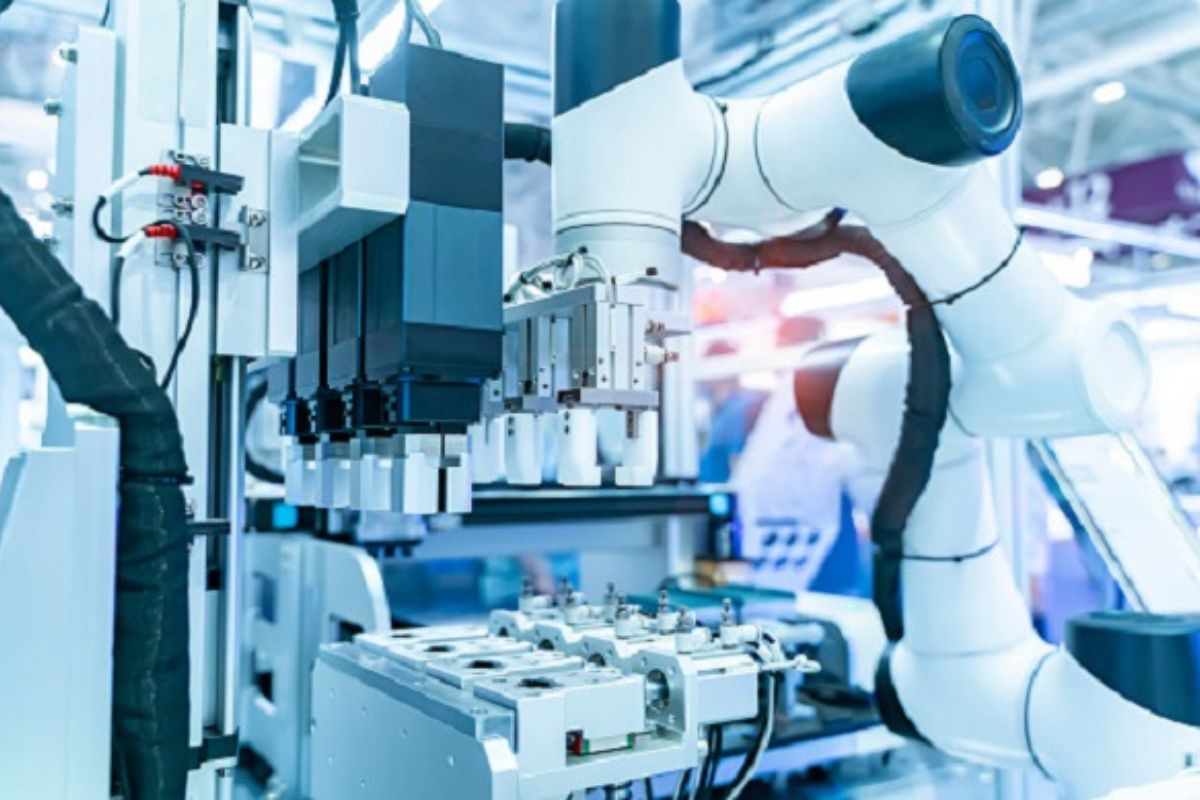University of Liverpool and Imperial College London to lead UK's £12 million AI for Chemistry Hub
The University of Liverpool and Imperial College London will lead a £12 million research hub to develop state-of-the-art Artificial Intelligence (AI) for Chemistry and accelerate its adoption, thanks to a combined investment from the Engineering & Physical Sciences Research Council (EPSRC) and consortium partners.
The AI for Chemistry Hub, AlChemy, will bring together leading academic researchers, industry, and other stakeholders to promote a collaborative community, offer training, and create new approaches at the rapidly evolving AI-chemistry interface to position the UK as the global leader in Digital Chemistry.
AI tools such as machine learning, automation, and robotics have the potential to support faster chemistry discoveries to address key societal needs, but this requires the coordinated engagement of leaders in both AI and chemistry to stay at the forefront of innovation in this field.
AIChemy will ensure that the chemical sciences community is able to exploit the AI revolution so that researchers can provide solutions to global challenges such as net zero emissions and global health.
Professor Andy Cooper, from the University of Liverpool’s Department of Chemistry and Materials Innovation Factory (MIF) and Professor Kim Jelfs from the Department of Chemistry and the Institute for Digital Molecular Design and Fabrication (DigiFAB) at Imperial College London are co-leading this unique consortium.
Professor Andy Cooper said:
“This is the UK’s first academic-industrial institute of its kind dedicated to supporting collaboration between chemistry and AI researchers. There is huge scope for chemistry researchers to work more effectively with AI researchers, and this new hub will bring together two separate disciplines to build a new cohesive UK research community.”
Professor Kim Jelfs said:
“AI has the potential to transform chemistry and this new cross-disciplinary research hub aims to ensure that the UK is at the forefront of the AI chemistry revolution.”
This UK-wide consortium brings together internationally recognised researchers in AI and those at the interface of AI for chemistry from nine academic institutions (the University of Liverpool, Imperial College London, Queen’s University Belfast, UCL and the Universities of Cambridge, Manchester, Oxford, Southampton and Strathclyde) alongside more than 15 industry partners.
AIChemy is one of nine hubs funded through an investment of £80 million by EPSRC, part of UK Research and Innovation (UKRI).
Minister for AI Viscount Camrose, said:
“The investment we’re pouring into these new projects is only possible as a result of our pro-innovation approach to AI. The AI Regulation White Paper consultation response we’ve set out today will see us forging ahead with that plan, driving forward the next wave of brilliant AI innovations.
“These hubs will nurture new, cutting-edge breakthroughs, from healthcare treatments and more power efficient electronics to machine learning and chemical discovery.
“New projects being delivered by BRAID will also help to define responsible AI in key sectors such as education, policing, and the creative industries, ensuring public trust in the technology as we continue to harness its capabilities.”
The Materials Innovation Factory at the University of Liverpool is an £81 million state of the art facility dedicated to advanced materials research. It brings together world leading materials chemistry expertise with the latest computational and robotic equipment to accelerate research and reduce the time it takes to develop new products to address a range of societal challenges.
The Institute for Digital Molecular Design and Fabrication (DigiFAB) at Imperial is leading a new era of digital molecular design and fabrication for a smart, healthy and sustainable society. The Institute’s vision is to transform chemical design and manufacturing by moving away from slow, labour-intensive manual methods, towards highly automated, data-driven approaches that capitalise upon advances driven by the Fourth Industrial Revolution.
Our Cities, placemaking, living and net zero challenge programme of work is supported by E.ON, Equans, Mears




